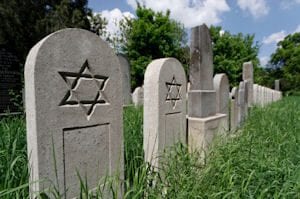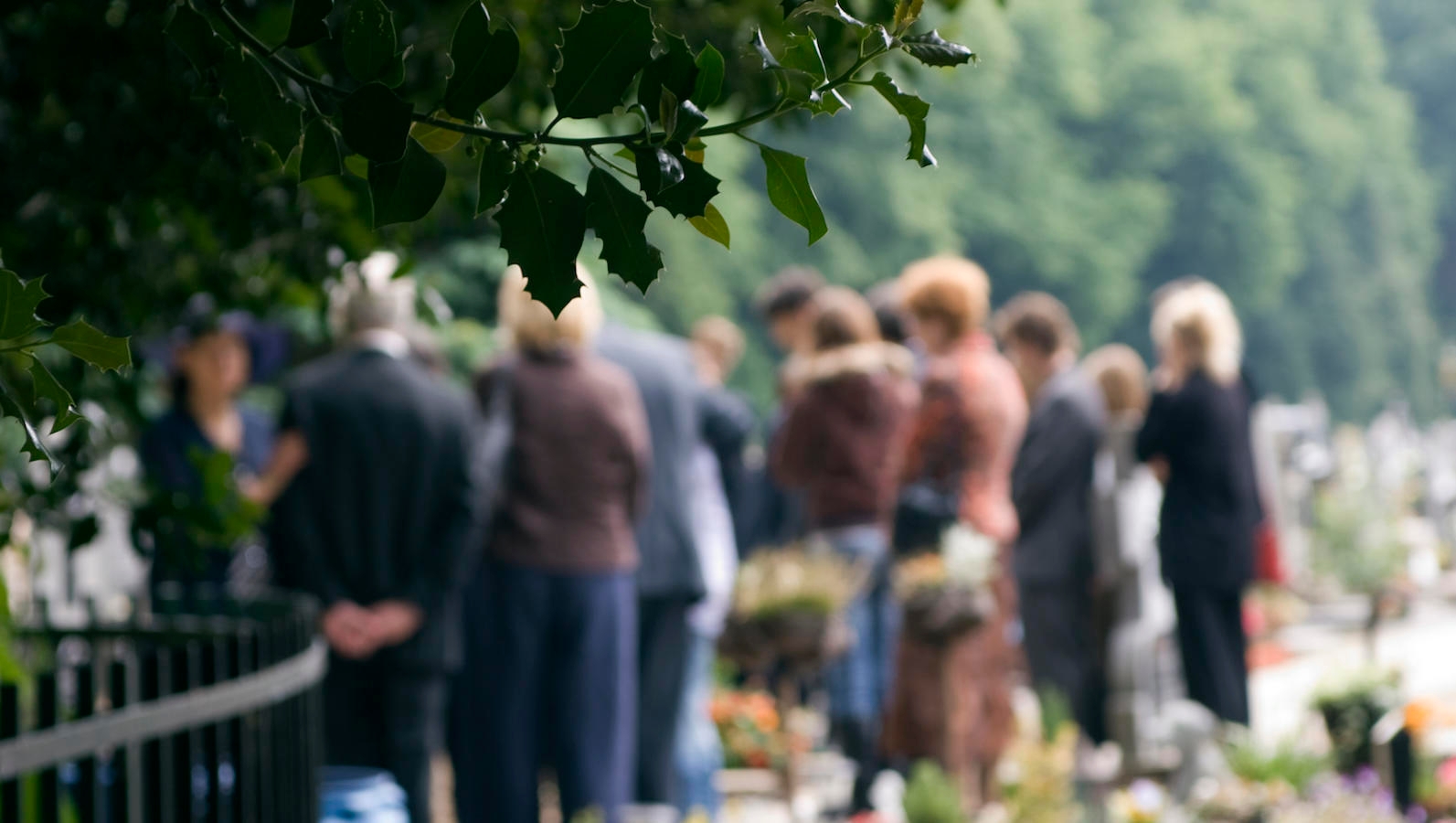jewish burial customs 24 hours
Jewish funerals are not held on the Sabbath or any other holiday. Soon after death family members of the deceased would mourn and prepare the body for burial.

Jewish Mourning Faq My Jewish Learning
However in modern times the funeral can be delayed for legal or practical reasons to avoid religious holidays or to wait for the arrival of family members.

. Traditionally a Jewish burial is supposed to take place within 24 hours of death. Jewish law therefore demands that we bury the deceased within 24 hours following death. The Melaveh Project was conceived to add to these mitzvot.
Here are a few common Jewish burial customs and Jewish death rituals. Traditionally burial takes place as soon as possible-within 24 hours. Jewish Funeral Overview.
There is no public viewing of the body. Jewish law requires burial within 24 hours of death. The Jewish culture has a strong commitment to visit the sick Bikkur Cholim and attend to the dead and their mourners Chevrah Kadisha.
Preferably within 24 hours after the death. Jewish burial timing encourages families to complete the burial as soon as possible. Negatively it warned His body shall not remain all night Deuteronomy 2123.
Traditionally a Jewish funeral should typically take place as soon as possible - usually within 24 hours after death. Mourners also light a special candle that burns for 24 hours called a yahrzeit candle. A Jewish funeral usually occurs within 24 hours after the death.
Jews are buried within 24 hours of death unless that would fall on the Sabbath or a holiday in which case burial is postponed. The religious concept underlying this law is that man made in the image of God should be accorded the deepest respect. Or the death occurred on Shabbat or.
Traditionally a Jewish burial is supposed to take place within 24 hours of death. A traditional Jewish funeral occurs within 24 hours of the time of death as it is a sign of respect to the deceased. Ideally the placement of the casket in the ground should happen within 24 hours after death.
However many modern funeral services will happen later so friends and family members can all attend. However there are exceptions to this timeframe. Once someone passes away the first thing loved ones do is to call their synagogue and speak with the rabbi.
Jewish funerals cannot take place on Shabbat or on most Jewish holidays. One may delay the burial in order to arrange the funeral but that delay should be as minimal as possible preferably before 24 hours have passed. For example funerals are not held on most Jewish holidays or Sabbath.
In Jewish tradition the body must undergo a series of rituals after death and before burial known as tahara performed by a chevra kadisha a. As weve said elsewhere according to traditional Jewish burial customs interment should take place as soon as possible. In the Jewish tradition after the death of a practicing member of the faith the deceased should be buried as soon as possible customarily within 24 hours of death.
His body should not remain all night. Perhaps the burial must be delayed because close relatives need ample travel time. However in the modern world there is allowance and acceptance to delay the burial for mourners to travel and for appropriate arrangements to be made.
Unless the passing occurred on Thursday one should not wait until Friday for the burial. Holding the funeral as soon as possible upholds the principle of kvod hamet honoring the dead. A few notable Jewish burial traditions affect the planning and coordination when laying a loved one to rest.
This is not always possible and given the fact that many modern Jewish families are spread out around the country it usually becomes necessary to wait a day or two until all of the mourners can arrive. Judaism and Jewish funeral and burial customs rituals are ussed to provide structure and comfort during the early moments of the grieving process. Circumstances transporting the deceased traveling long distances to attend the funeral may require a delay but burial should still occur as soon as possible.
According to the Torah a Jewish funeral should occur within 24 hours of the death as a sign of respect for the deceased. According to Jewish law burial of the deceased had to occur within 24 hours of the individuals death Deuteronomy 2123 because of climate factors in order to maintain ritual purity. As for orientation of the body.
To provide comfort to Jews at the end of their lives and to support their caregivers and loved ones at the same time. This is done in accordance with the Torah sacred Jewish scripture which says You shall bury him the same day. However in the modern world there is allowance and acceptance to delay the.
Funeral services are held at a synagogue funeral home or at the gravesite. A Jewish funeral usually occurs within 24 hours after the death. However there are always exceptions.
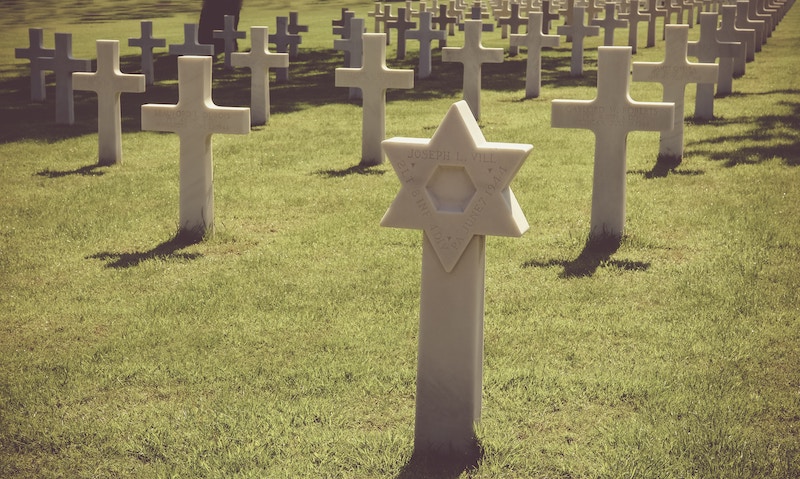
Headstone Unveiling In Jewish Mourning A Guide Cake Blog

Jewish Traditions For Death Burial And Mourning Rohatyn Jewish Heritage
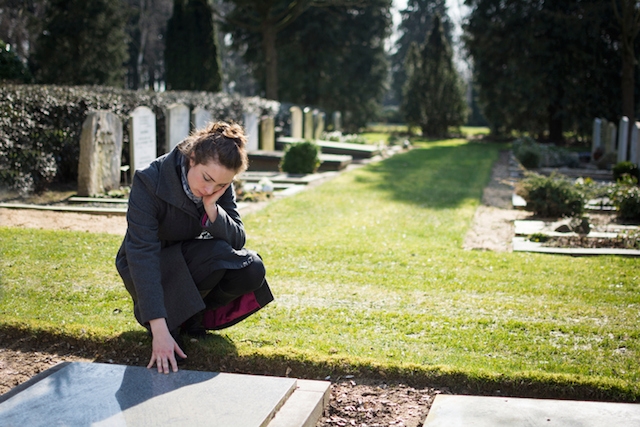
Timeline Of Jewish Mourning My Jewish Learning

A Simple Guide To The Timeline Of Jewish Mourning
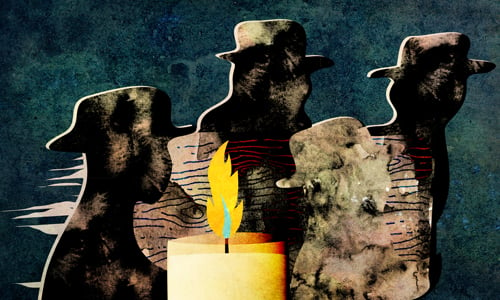
Basic Laws Of A Jewish Funeral Death Mourning
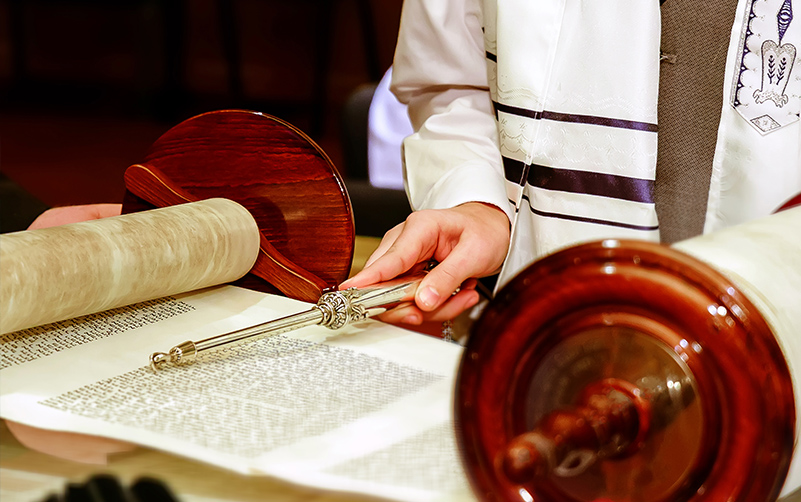
Jewish Funeral Customs Funeral Partners
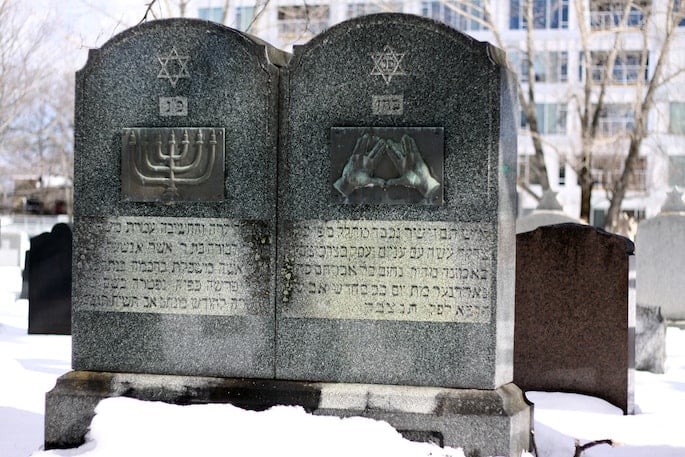
Cemetery Grave And Tombstone In Judaism Death Mourning
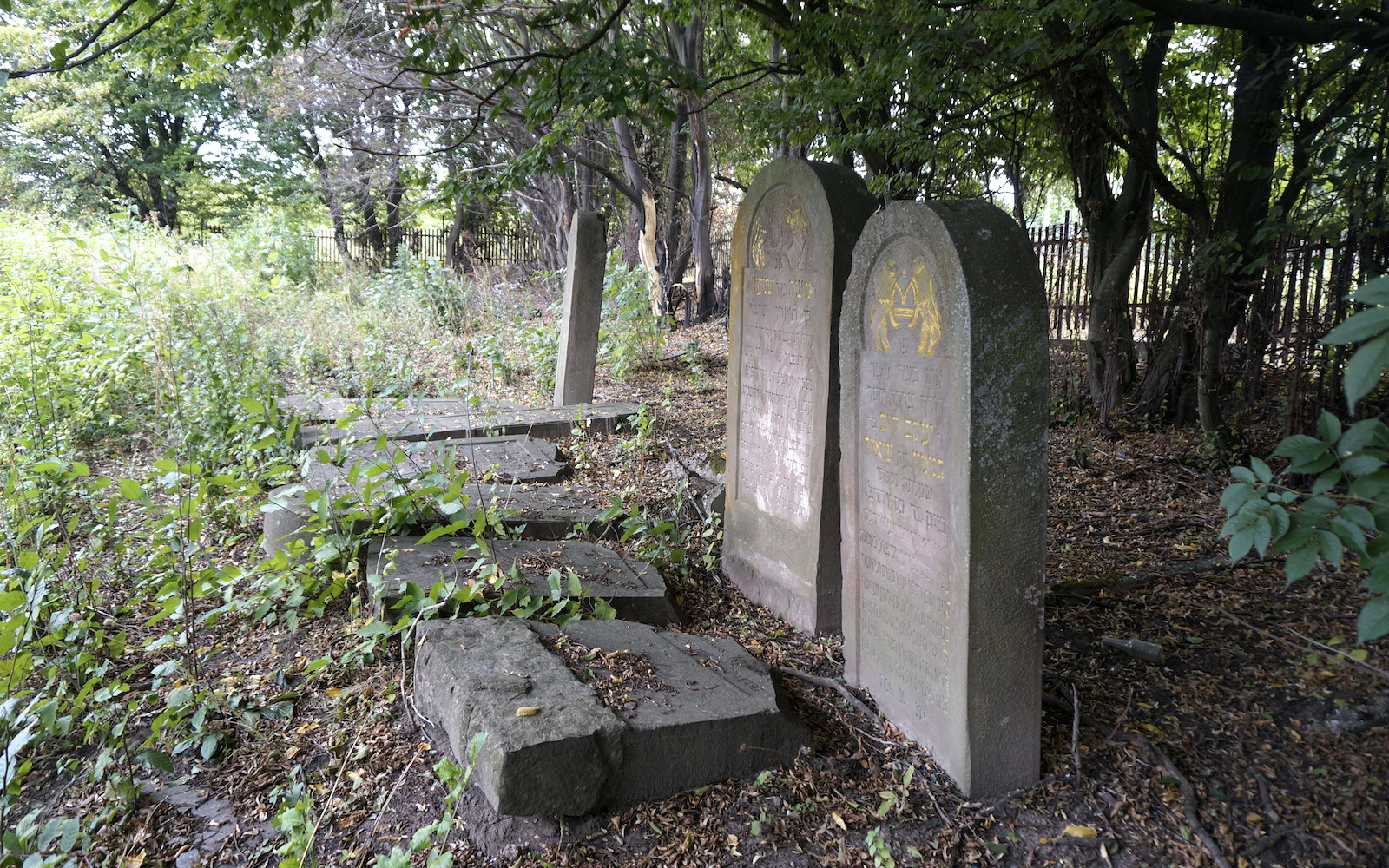
Jewish Traditions For Death Burial And Mourning Rohatyn Jewish Heritage
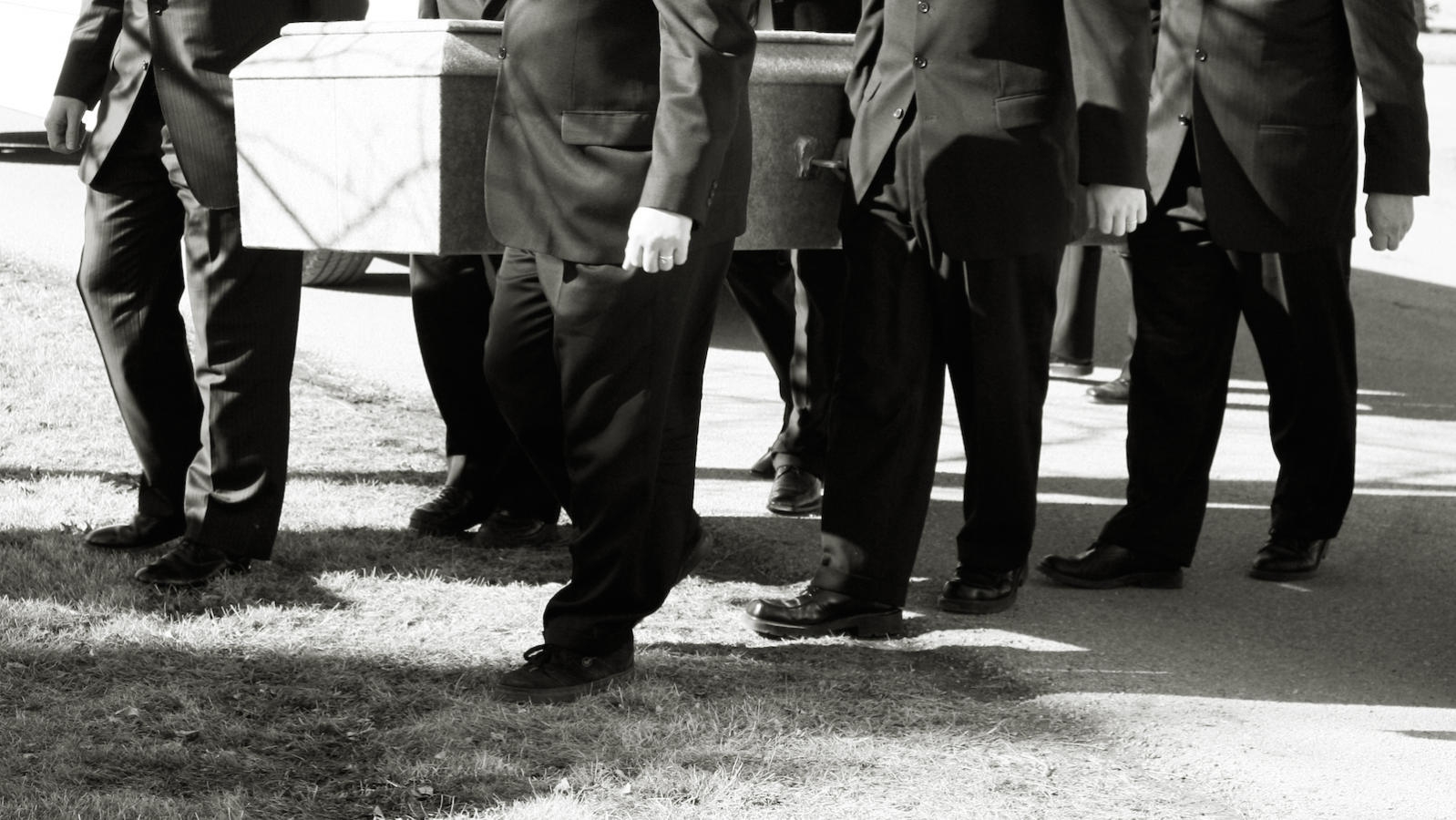
How To Plan A Jewish Funeral My Jewish Learning

Pin On Abstract N Crazy Things
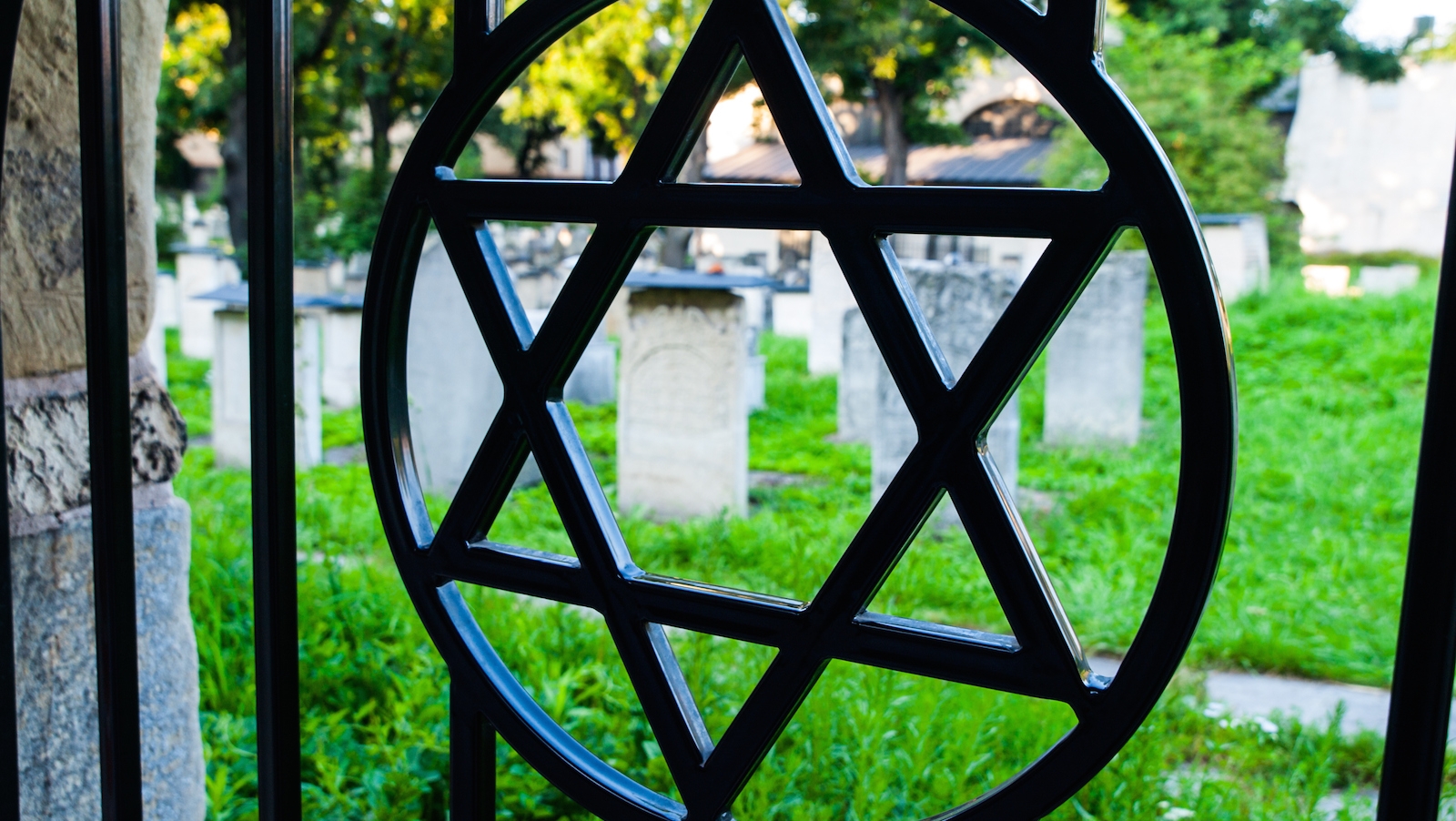
Timeline Of Jewish Mourning My Jewish Learning

Questions Frequently Asked At Goldsteins Faq Torah Green School Mourning
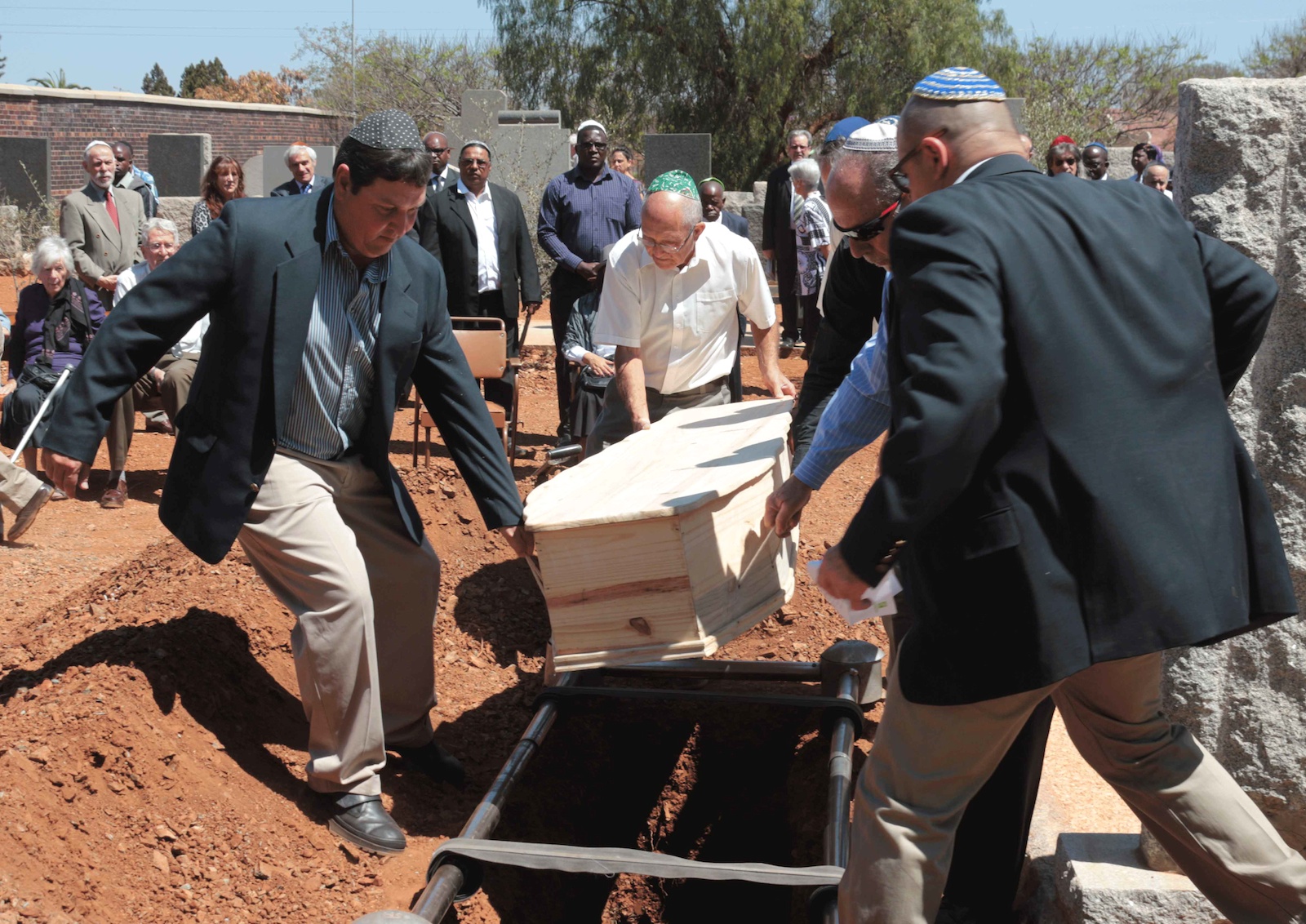
Jewish Traditions For Death Burial And Mourning Rohatyn Jewish Heritage

Jewish Mourning Faq My Jewish Learning

Jewish Funerals What To Expect When You Go My Jewish Learning
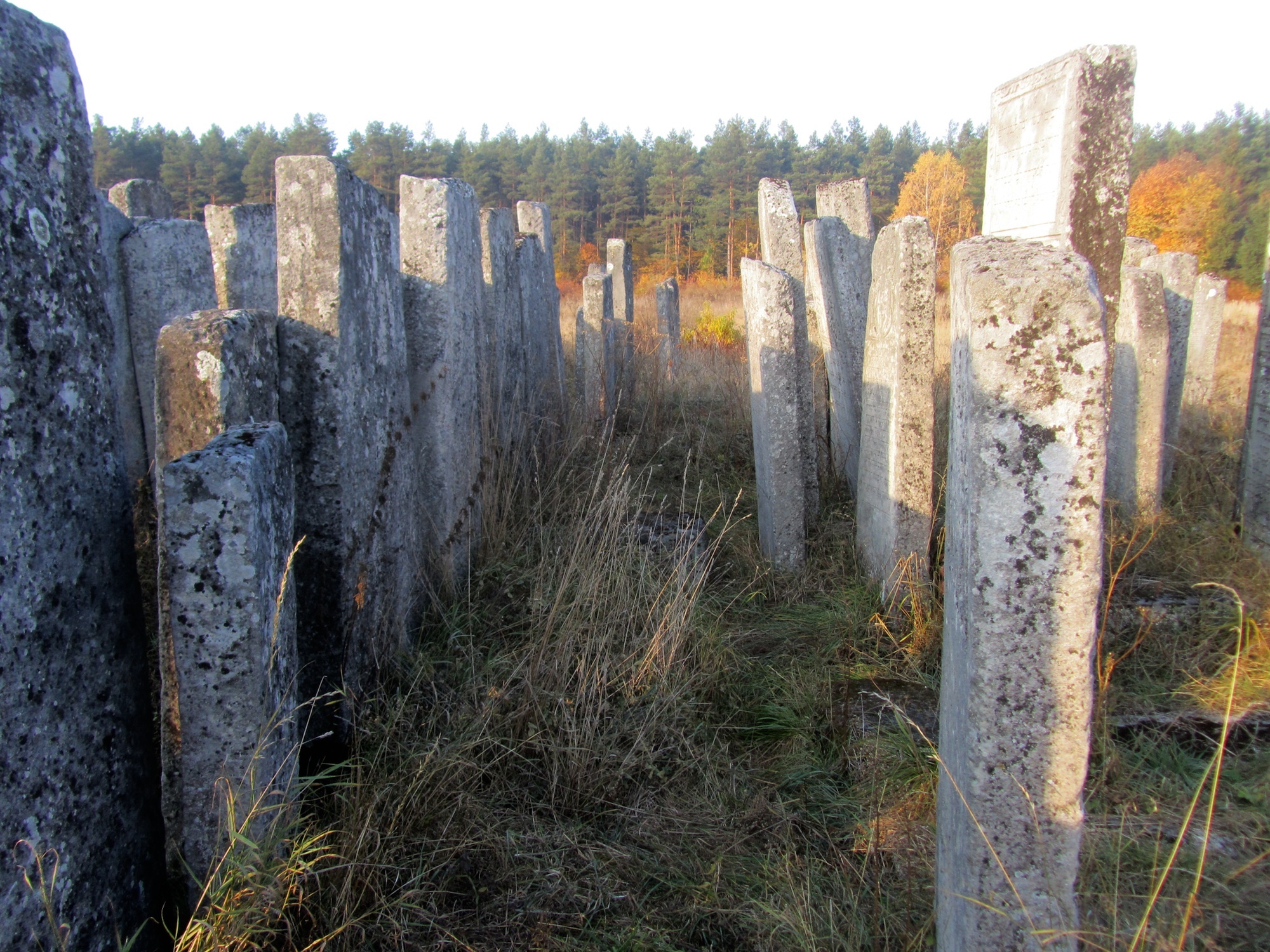
Jewish Traditions For Death Burial And Mourning Rohatyn Jewish Heritage
